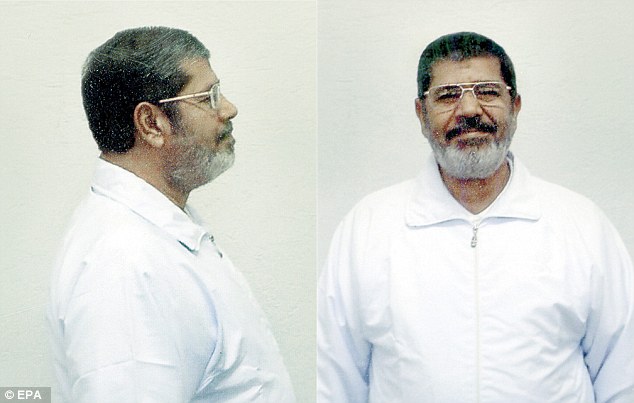Trumps issues “hard-hitting” sanctions against Khamenei who controls $95 billion business empire
Washington — US President Donald Trump on Monday issued “hard-hitting” financial sanctions against Iran’s Supreme Leader Ayatollah Ali Khamenei who
Read More








